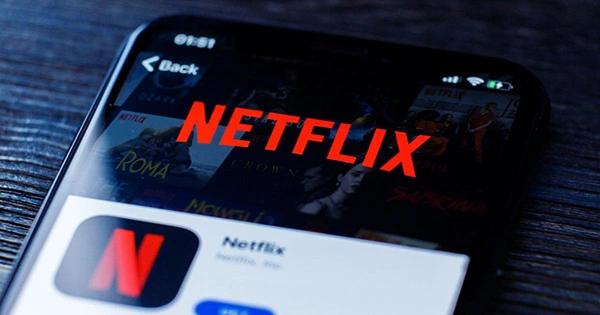Netflix’s fourth quarter results show the streaming giant struggling to maintain a lead over its competitors, despite global blockbusters like “Squid Game” in 2021. The company fell short of its new subscriber projections this quarter, adding 8.3 million instead of the 8.5 million expected; it also expects to add only 2.5 million subscribers in Q1 2022, down from 4 million last year (the company claims this is due to the quarter’s “more back-end weighted content slate”).
Overall, subscriber growth has slowed this year, with the company’s lowest growth year since 2015 and a 50 percent drop from its pandemic-inflated 2020 forecasts. “Consumers have always had many choices when it comes to their entertainment time — competition that has only intensified over the last 24 months as entertainment companies all over the world develop their own streaming offering,” the company wrote in its shareholder letter, admitting, “Competition may be affecting [its] marginal growth some.”

While Netflix has over 222 million total users, larger corporations such as Disney (which also owns Hulu and ESPN) have continued to grow at a faster rate. Disney has 179 million total members at the end of fiscal 2021 across Hulu, Disney+, and ESPN+, and it expects to increase the number of countries where Disney+ is available by fiscal 2023.
Disney also announced the formation of an International Content and Operations group to help the company extend its direct-to-consumer streaming globally. HBO Max is also rising, with the firm reporting that December was the service’s most popular month since its launch in May 2020. After six turbulent years in the enormous entertainment business, Netflix revealed this week that it wants to hike subscription costs in the United States and Canada, while the platform dropped its prices in India to try to attract more people. Netflix is also experimenting with gaming as a new revenue source.
The firm recently bought Night School, a gaming studio, and created games based on its own intellectual property, such as the smash show “Stranger Things.” If this week’s top tech stories have taught us anything, it is that gaming can be extremely profitable. Netflix has announced that its gaming portfolio would expand in 2022, possibly even to include properties that did not begin on the streaming service. During the investor call, Netflix COO Greg Peters stated, “We are open to licensing, accessing major gaming IP that people will remember.”
“I believe you will see some of that in the coming year.” Netflix is also experimenting with content marketing, launching a website called Tudum last month and recruiting entertainment journalists and editors from publications like Allure, Vanity Fair, and Bitch Media to contribute exclusive content about Netflix originals.
















